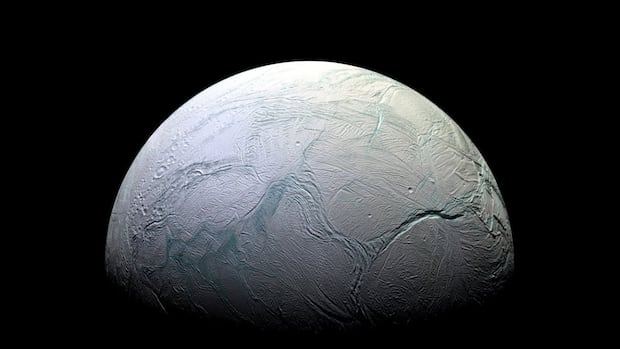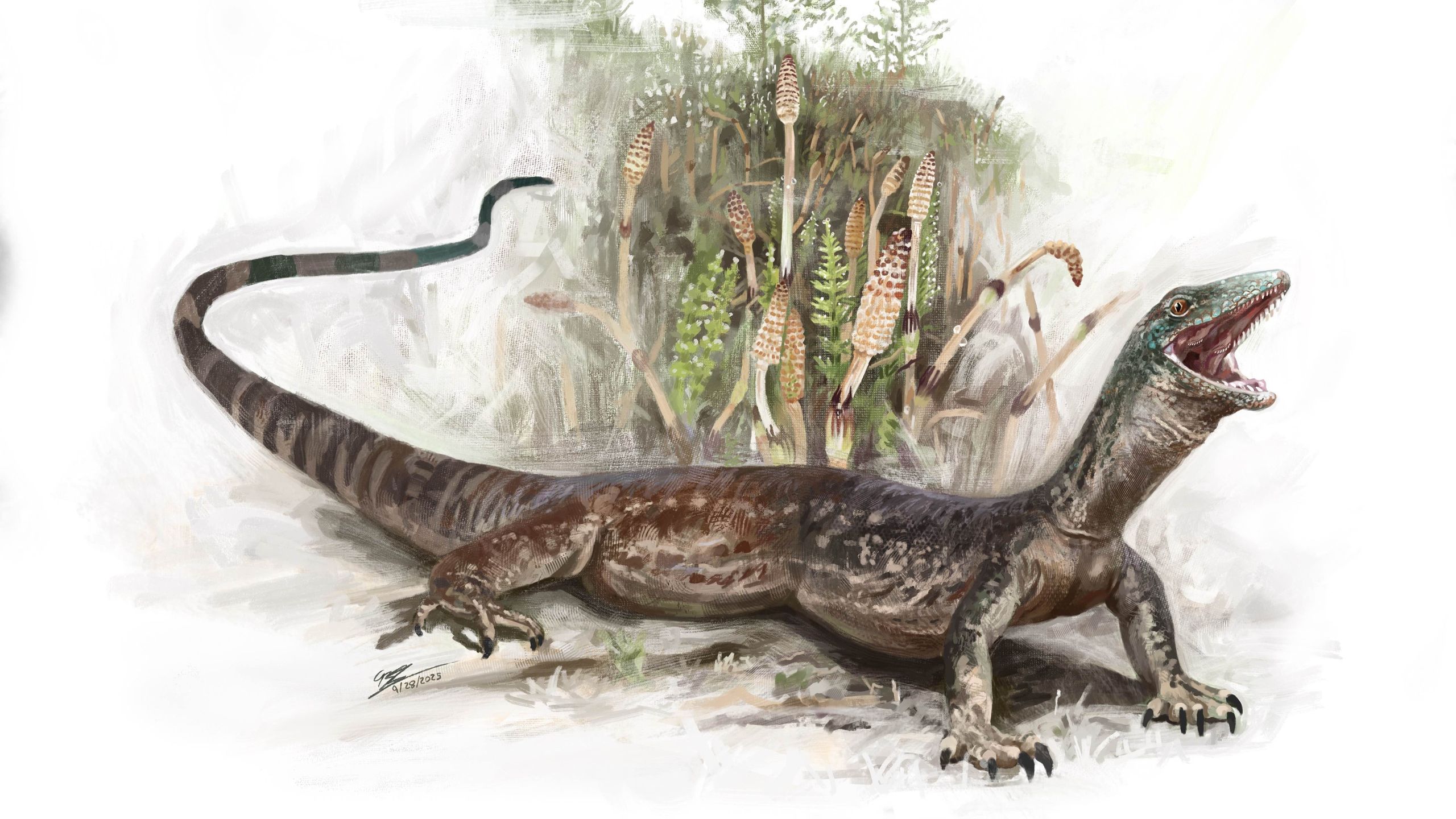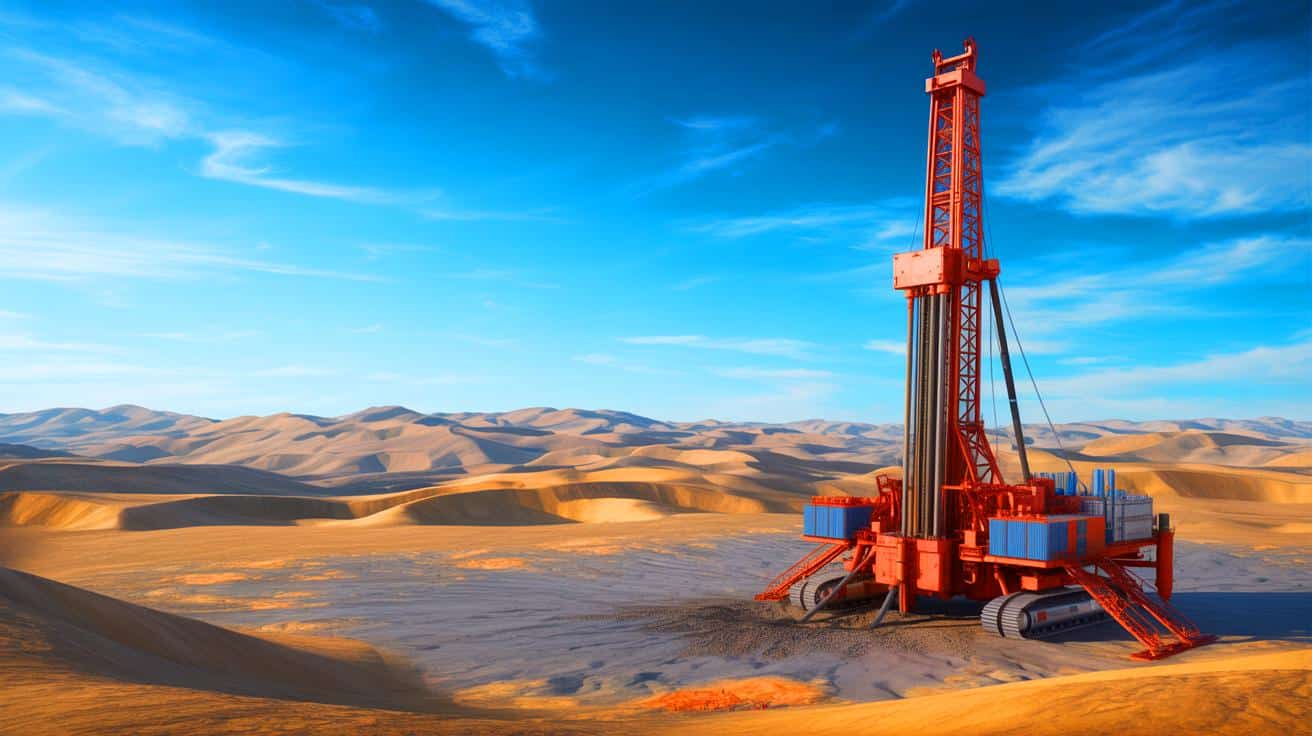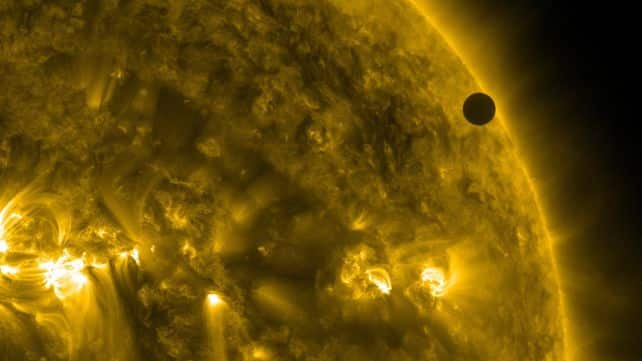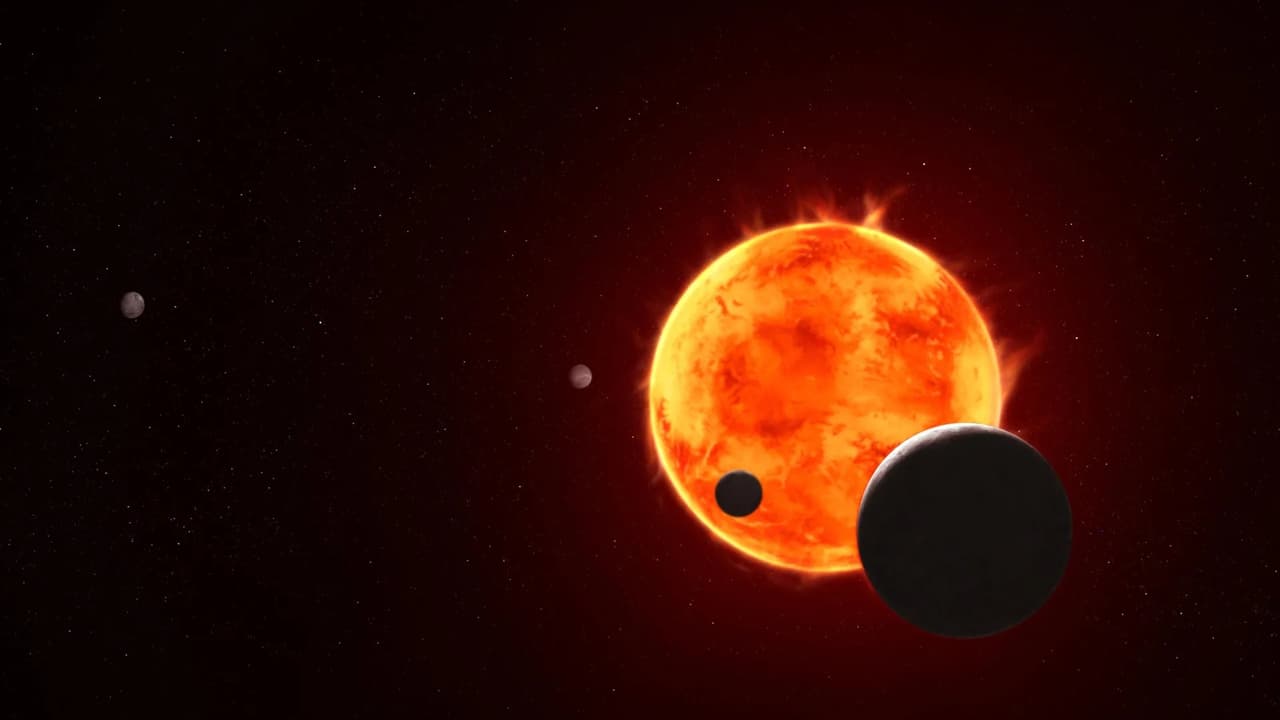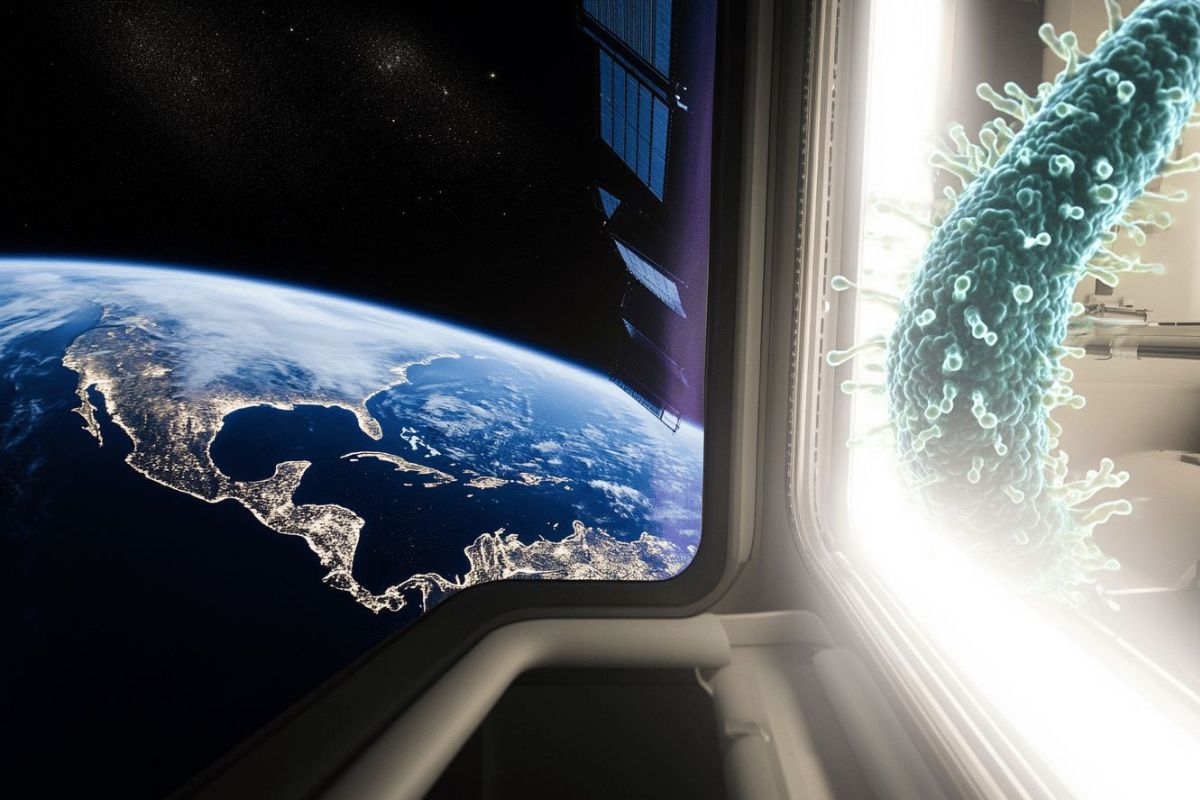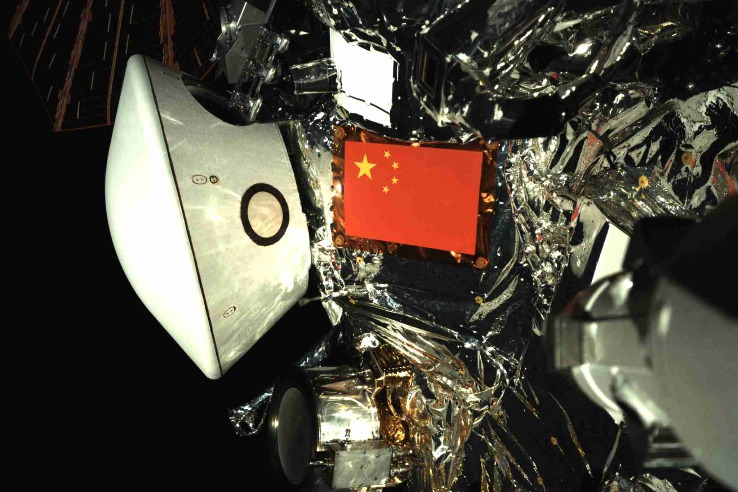Unbelievable Discovery: Complex Molecules Found on Enceladus Hint at Possible Life!

Imagine peering into the icy depths of a moon and finding organic molecules that could hint at life beyond Earth. Well, that’s exactly what scientists have recently unearthed from Saturn's moon Enceladus! Data collected by the Cassini spacecraft has revealed complex organic molecules spewing from this frozen world, suggesting that exciting chemical reactions are unfolding beneath its surface.
Published on October 1 in Nature Astronomy, this groundbreaking discovery adds to the growing case for a dedicated European Space Agency (ESA) mission to orbit and land on Enceladus. The stakes couldn’t be higher; if these complex reactions are indeed part of a chain leading to biologically relevant molecules, we might just be on the verge of discovering life beyond our planet!
Enceladus first caught our attention back in 2005, when Cassini provided the first evidence of its hidden ocean, lying beneath its thick, icy crust. It revealed jets of water shooting from cracks near the moon's south pole, launching tiny ice grains into space. Some of these icy particles, smaller than grains of sand, either returned to the surface or formed a spectacular ring around Saturn, tracing Enceladus's orbit. It’s like a cosmic fountain, giving us glimpses into what lies below the ice!
Lead author Nozair Khawaja explains, “Cassini was detecting samples from Enceladus all the time as it flew through Saturn's E ring.” This included previously discovered organic molecules that are precursors to amino acids. But what scientists wanted was fresh data—ice grains ejected more recently from the moon's surface, untouched by the ravages of space radiation.
Fortunately, Cassini had a lucky break in 2008, flying right through the icy spray and collecting pristine grains that had just been ejected minutes prior. These were the freshest samples ever detected and they were traveling at an impressive 18 km/s—fast enough to avoid shattering, allowing scientists to detect hidden signals from organic molecules.
“The ice grains contain not just frozen water, but also other molecules, including organics,” said Nozair, emphasizing the significance of the speed of impact. “At lower impacts, the ice shatters, masking the organic signals.” This meant they could pinpoint the exact organic molecules present in these fresh samples, and what they found was incredible.
Among the familiar organic compounds already detected, they discovered completely new molecular fragments, including aliphatic and cyclic compounds, as well as nitrogen and oxygen-bearing compounds. These molecules are similar to those on Earth that are vital for life. “There are many possible pathways from the organic molecules we found in the Cassini data to potentially biologically relevant compounds,” Nozair revealed, enhancing the possibility that Enceladus could support life.
Co-author Frank Postberg echoed this sentiment, stating, “These freshly ejected materials prove that the complex organic molecules detected in Saturn's E ring are not merely relics of space exposure, but are indeed produced in Enceladus's ocean.”
The excitement continues as Nicolas Altobelli, ESA Cassini project scientist, expressed his enthusiasm: “It’s fantastic to see new discoveries emerging from Cassini data almost two decades after it was collected.” This highlights the long-term value of space missions and sets the stage for future explorations.
With plans for a dedicated ESA mission to Enceladus already underway, scientists are eager to fly through the moon's jets and even land on its surface to gather samples. Enceladus checks all the boxes for a habitable environment, boasting liquid water, energy sources, essential chemical elements, and these intriguing organic molecules. A mission seeking signs of life would not only bring Europe to the forefront of Solar System science but also deepen our understanding of life’s potential beyond Earth.
“Even if we don't find life on Enceladus, that would be a significant discovery. It raises questions about why life isn’t present in such an environment when the right conditions are there,” Nozair concluded, leaving us all pondering the mysteries of the cosmos.





